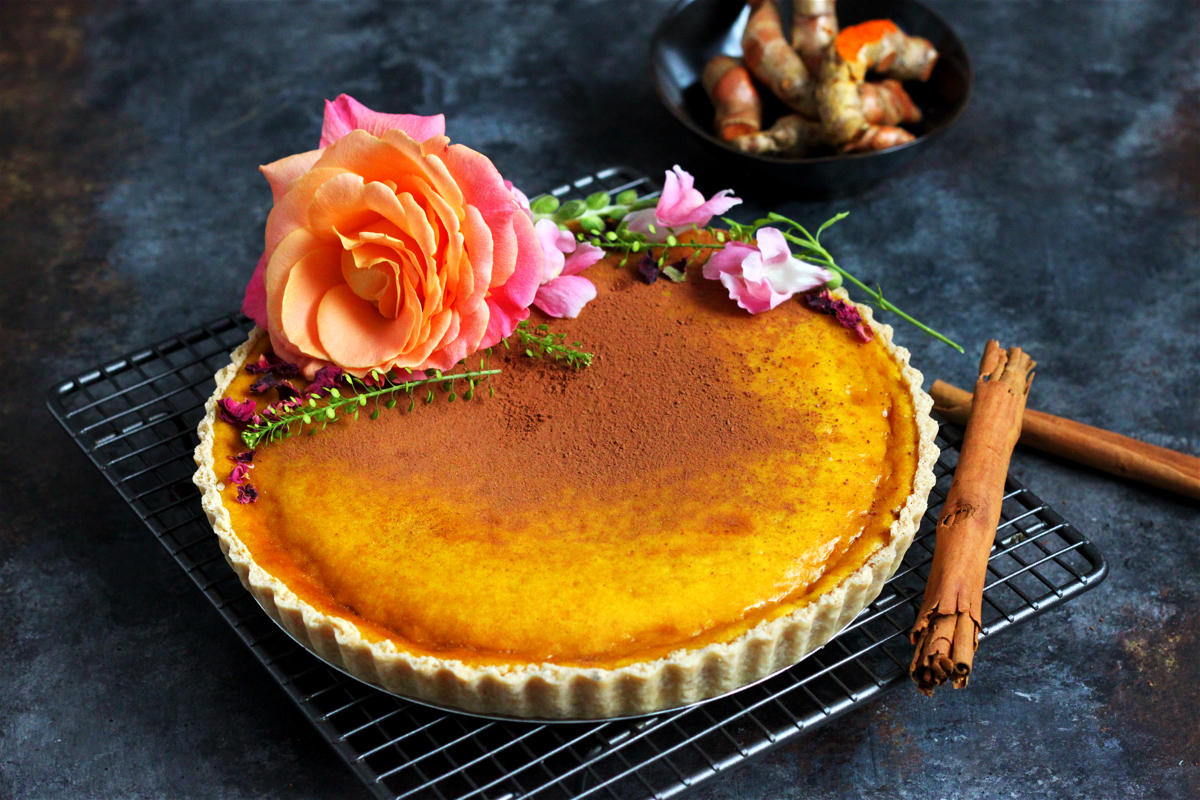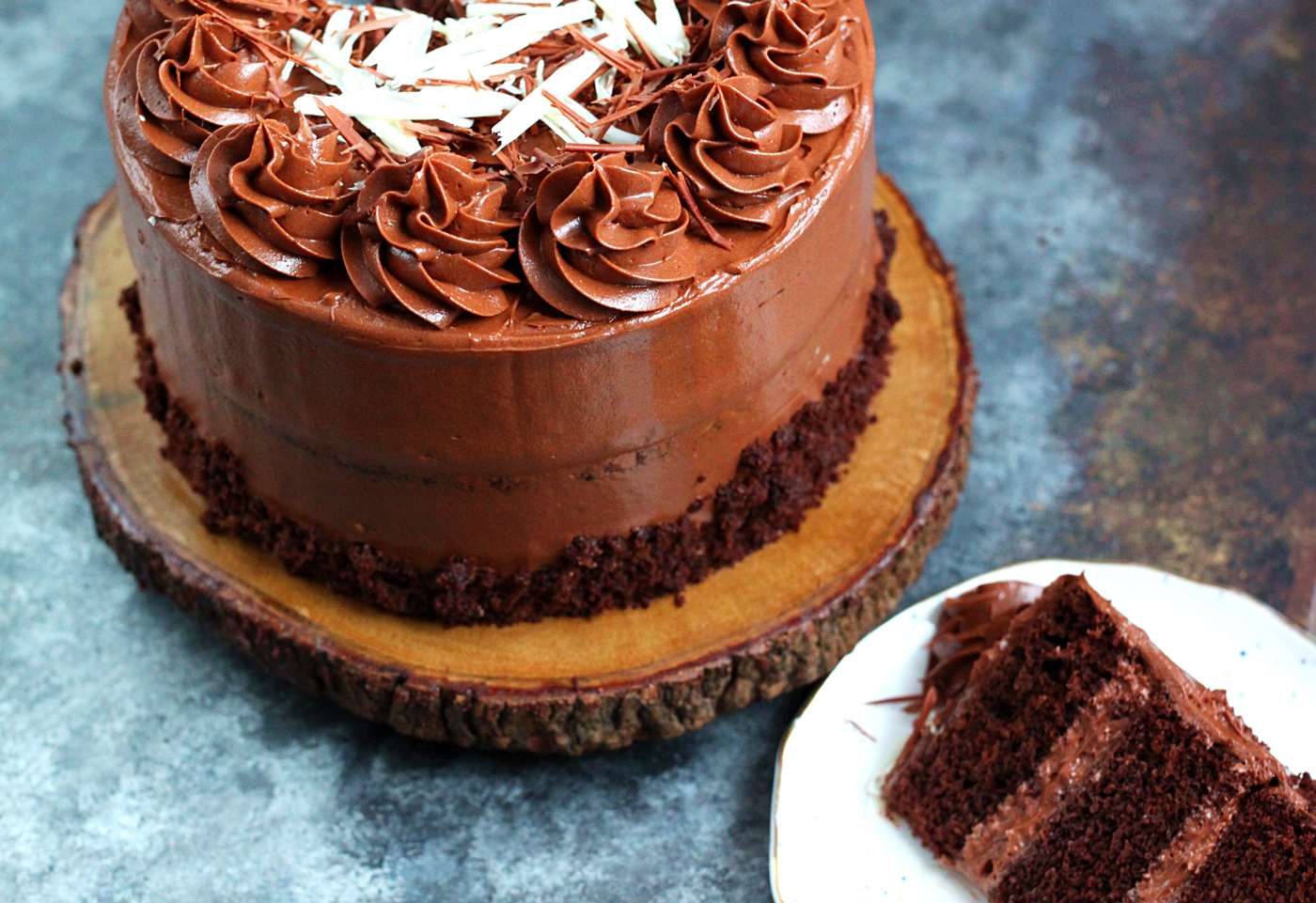
During my lifetime, I’ve been lucky enough to be extremely close to so many wonderful food cultures. The Gujarati cuisine made by my mother’s hands was the stuff that put the skin on my bones, next were my dad’s favourite East African dishes inspired by his childhood in Mombasa.
Later came various recipes from other parts of India I couldn’t help but experiment with once I got a taste for cooking. Running through it all the while is the amazing food culture of Britain – a diverse mix of true classics like Cornish pasties and Yorkshire puddings, to dishes from international cuisines we’ve somehow adopted. There’s nothing quite like eating Taiwanese Bao in Kings Cross or Vietnamese Summer Rolls in Shoreditch for lunch and going home to true Gujarati daal-bhaat, shaak and rotli, followed by Mombasa-style mogo chips as a cheeky midnight snack.

See, I told you… totally spoilt.
These little packed potatoes are a take on the snacks loved by Asian people all over East Africa. Here, I’ve used British New Potatoes sandwiched together with a spicy chilli, coriander and lemon mixture. They’re deep fried, which is absolutely necessary for this recipe (please don’t try to bake them in the oven as the batter will just fall off).

I’m serving them with my favourite chutney – a blend of coriander, coconut and heaps of lemon, sugar and salt. It will set your taste buds alight, not with heat but sheer joy. Purists, omit the coriander as they do in Kenya but it’s so easy to get hold of here and really takes the flavours to the next level. I really recommend it.
Serve in paper cones or on a sharing platter as I’ve done here. I love food you can put into the middle of the table for everyone to dig in. A cold beer is the perfect pairing but then again, when isn’t it?

Mini Kenya-Style Packed Potatoes with Coconut and Coriander Chutney
Makes 18-20
Ingredients
1.5kg baby new potatoes, skin on, boiled and cooled
Sunflower oil, to deep fry
For the filling:
150g of the boiled potatoes, roughly mashed
100g finely-chopped coriander
1 ½ tbsp red Kashmiri chilli powder
1 large clove garlic
Zest and juice of one lemon
2 tsp salt
For the batter:
100g plain flour
200g chickpea flour
1 tsp coarse semolina
Juice of one lemon
400ml cold sparkling water
¼ tsp turmeric
1 tsp salt
For the coconut and coriander chutney:
150g coriander
4 green chillies
100g unsweetened desiccated coconut
100g Greek yohgurt
Juice and zest for 2 lemons
2 tsp salt
2 tbsp sugar
Method
1. To make the filling, combine all of the ingredients to make a sticky paste. If it doesn’t combine to make a paste, give it a very short pulse in a food processor.
2. Halve each of the cooked and cooled baby new potatoes and sandwich the two pieces together with the paste. Repeat for all of them and place them in the fridge while you make the batter.
3. To make the batter, combine all the dry ingredients and give them a quick whisk to remove any big lumps. Add the sparkling water and whisk to make a smooth batter.
4. Heat the oil in a large, deep pan or wok until it reaches 180C or until a piece of bread turns brown in 60 seconds.
5. Take one of the potatoes, quickly dip it in the batter until it’s coated all over, then very gently place it in the oil. Repeat with a couple more, taking care not to overcrowd the pan as this will bring the temperature of the oil right down.
6. Allow to cook, turning in the oil until golden all over. Drain in a colander lined with paper towels. Repeat for all of the potatoes.
7. To make the chutney, combine the coriander, chillies, lemon juice and zest, salt, sugar and coconut in a blender. Blend until smooth. Add the yoghurt and pulse quickly. Pour into a serving bowl.
8. Serve the packed potatoes alongside the coconut and coriander chutney, lemon wedges and cold beer. If you can get your hands on Tusker, go for that.
Love Sanjana




cheap cialis
Sunday 27th of October 2019
Thank you for sharing your thoughts. I truly appreciate your efforts and I will be waiting for your next write ups thank you once again.
Arzina Nayani
Saturday 6th of July 2019
Why do you use sparkling water?